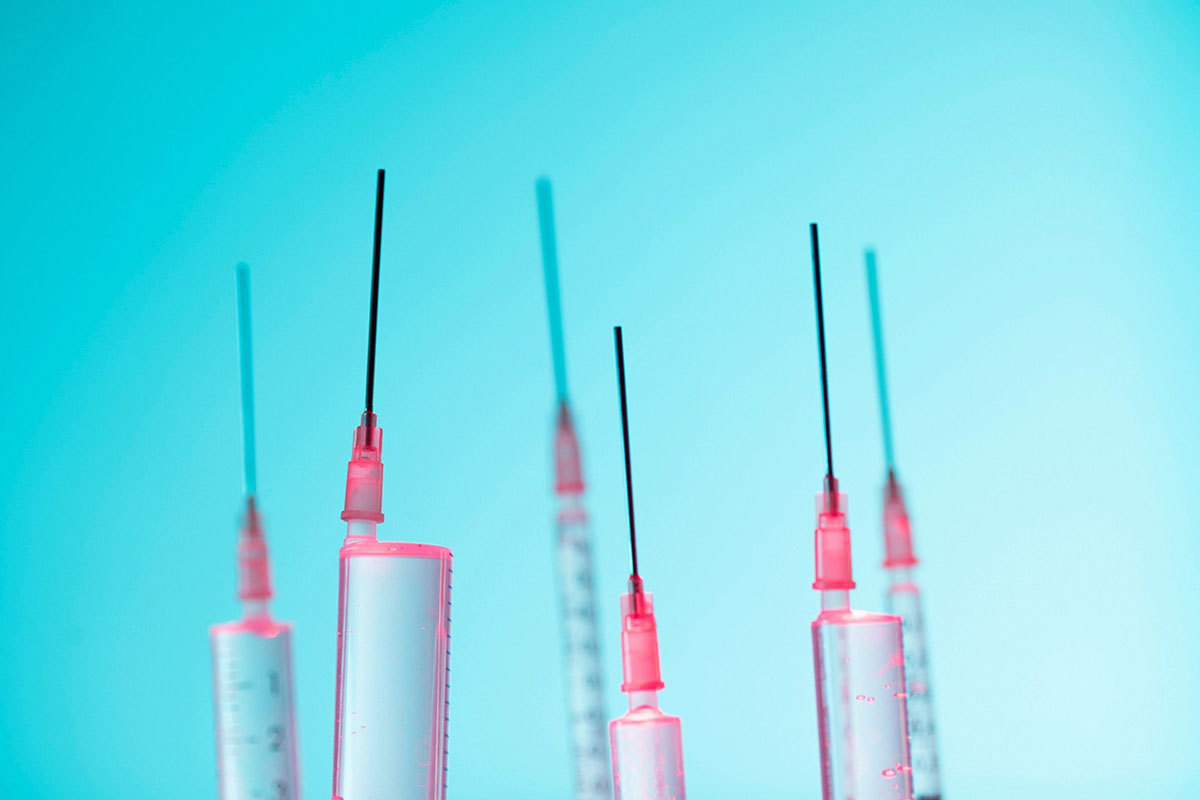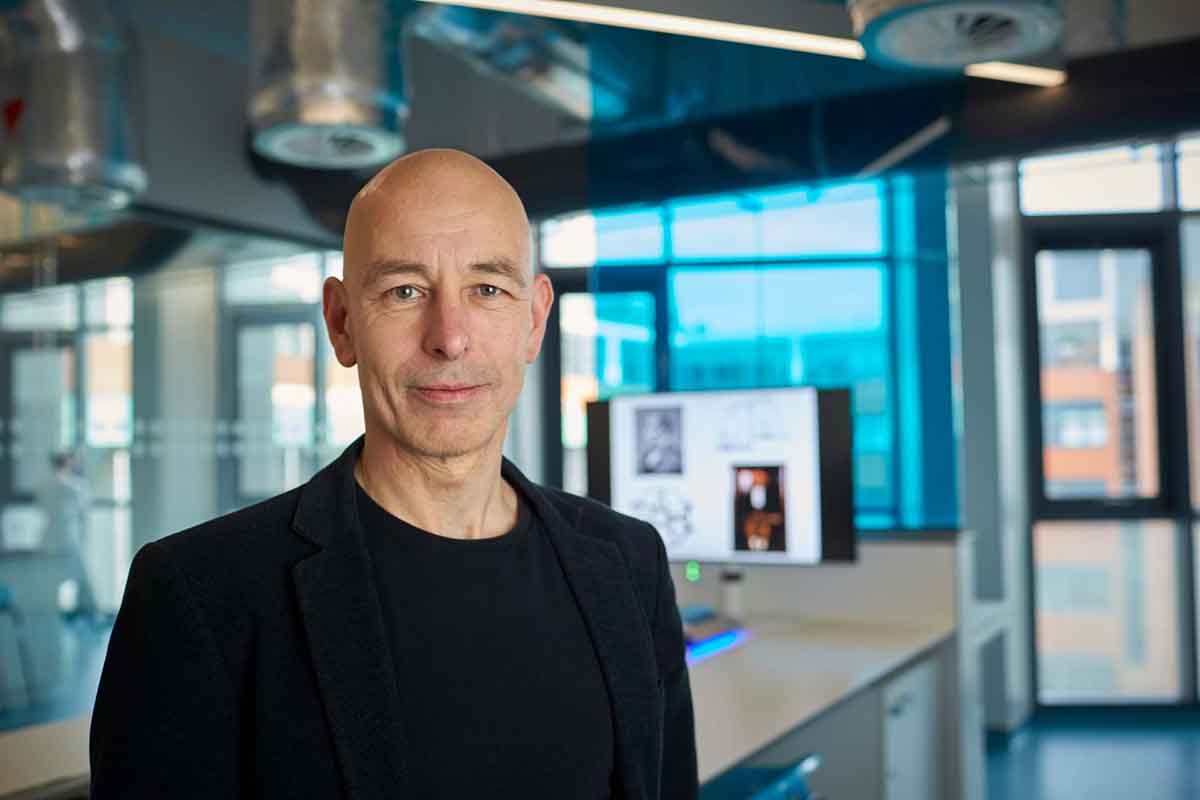In the 1990s, breast cancer mortality rates in the United States began to decline. The reasons for this are not fully understood, but better screening and treatment are likely to have played a role.
However, in the last few years, there has been an increase in the incidence of aggressive breast cancers that are difficult to treat. This has led to a renewed interest in developing a vaccine to prevent breast cancer.
There are several different types of breast cancer vaccines under development. Some of these are designed to target specific mutations that are known to be associated with aggressive forms of the disease. Others are designed to stimulate the immune system more generally in order to help the body fight off any potential threats.
The first clinical trials of a breast cancer vaccine were conducted in the early 2000s. However, these were not very successful. and the vaccine was never approved for use.
More recent trials have shown more promise, and there are several new vaccines in late-stage clinical trials. It is hoped that one or more of these will be approved for use in the next few years.





